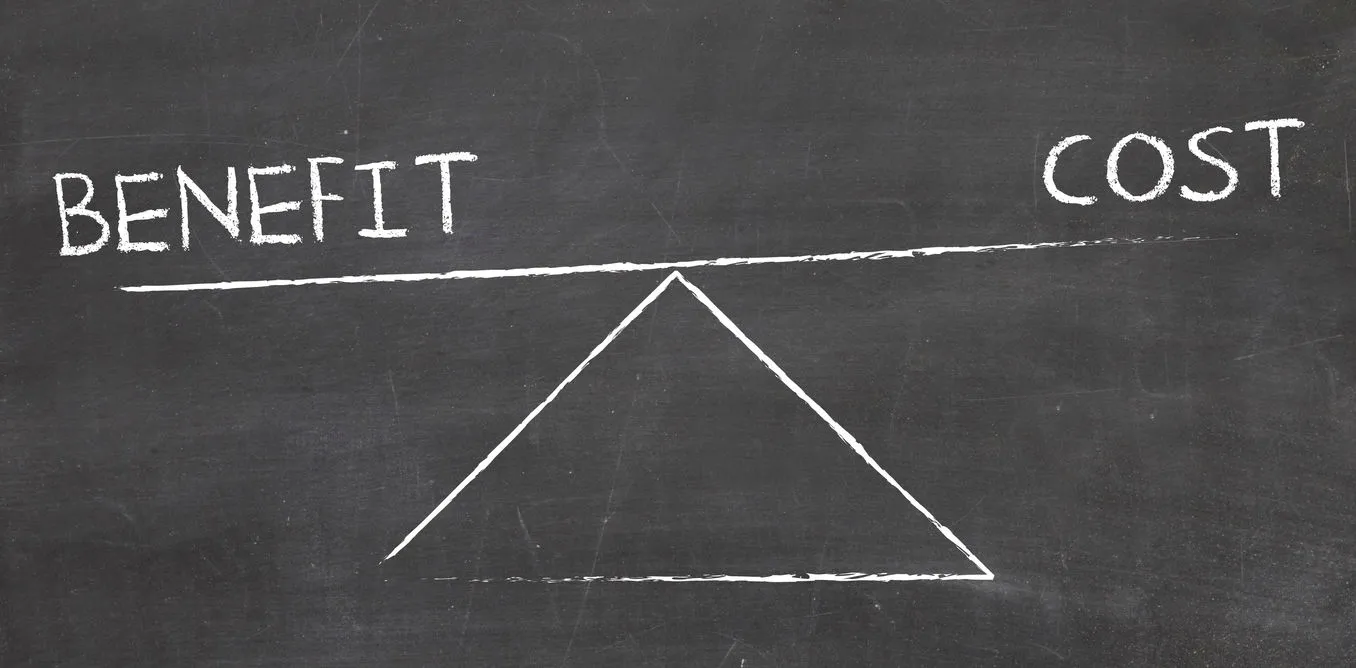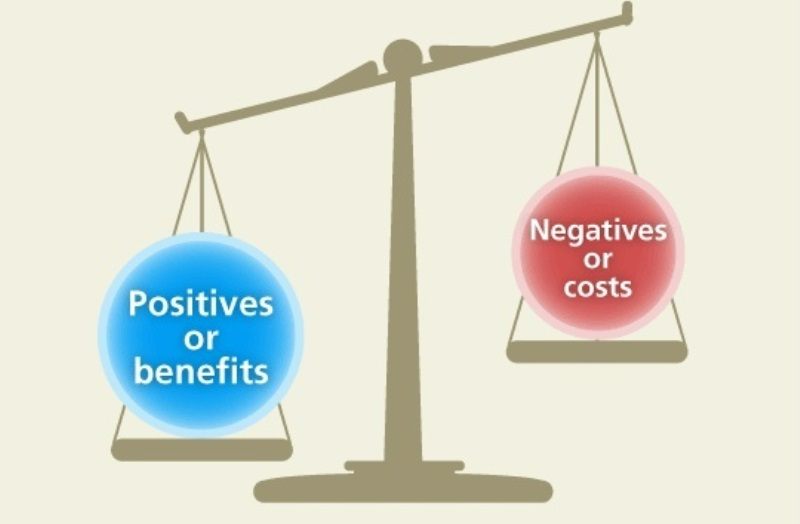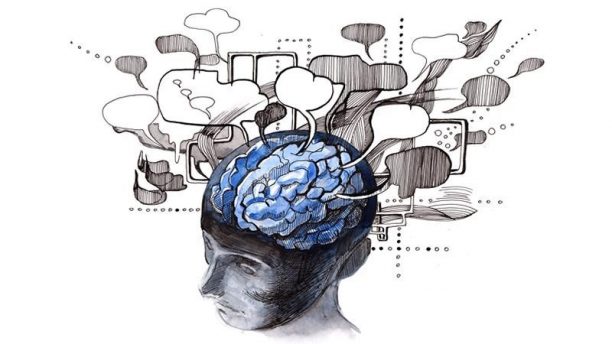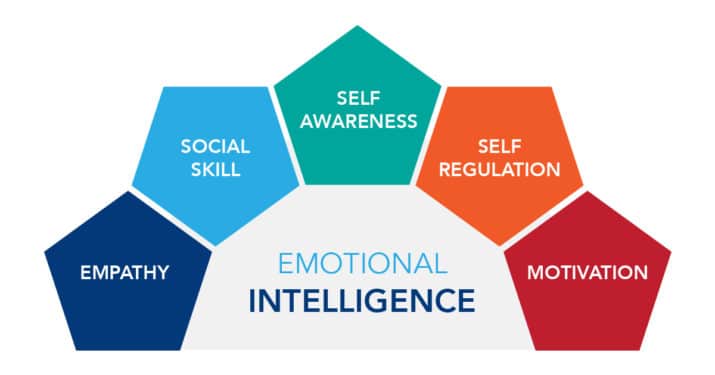Social exchange theory is an insightful framework for viewing the social dynamics of workplace interaction. The premise emphasizes the cost-benefit analysis we take part in during our social interactions. This same premise is applies to the leader-follower relationship.
This article details social exchange theory and it’s application to the workplace environment.
What is Social Exchange Theory?
Social exchange theory (SET) suggests that any interpersonal exchange intends to maximize rewards while minimizing costs. How we reach that conclusion is through a social exchange process.


In other words, behavior is the direct result of an exchange process we all participate in. We take part in a cost-benefit analysis to assess the risk and benefits associated with the potential relationship.
Homan (1961) is the founder of the SET and claims that positive reinforcement and reciprocity were crucial during the social exchange process. If a person perceives the costs outweighing the rewards, they will most likely end the relationship.
Reward and Cost
Each person perceives a reward and cost while entering a relationship. For an interaction to continue, both people must see higher reward versus cost associated with the relationship.


For example, rewards are positive incentives for our part in the relationships. Examples include financial reward, increases in status, well-being, self-esteem, and confidence.
Costs are negative incentives, such as wasted time, anxiety, failure, or disengagement in other meaningful activities.
The cost-benefit analysis we participate in is a powerful means to influence behavior. We will terminate that relationship if we believe there are more costs, even if our perception is wrong!
Why is the Social Exchange Theory Important?
This theory highlights the importance people place on gaining some form of reward in any social relationship.
There’s an implicit contract people have between each other which surrounds reciprocity. There’s an obligation to uphold our dues to everyone we interact with. This is why it’s so uncomfortable for some of us to receive gifts. We start thinking of how we need to pay them back for their kindness (or at least I do!).
The cost-benefit analysis we conduct is powerful and unconscious, which influences most of our decisions.
Social Exchange Theory and Work Relationships
Psychologists have used the SET to predict positive outcomes based on employee perception of their leaders and work outcomes. Researchers suggest that SET, reciprocity, and trust can determine social workplace interactions.
If employees perceive more rewards associated with the relationship with their leader, they feel an obligation to reciprocate similar behavior. This is why positive leadership styles are so effective.
Researchers have found that employees respond with commitment and productive behaviors towards leaders who provide feedback, mentorship, and support (Chughtai, 2013; Joo, 2012). This positive social exchange will also foster trust in the relationship between employee and leader.
The same goes for negative leadership styles. If employees perceive more costs associated with the relationship, not only will they reciprocate negative behaviors, but they will eventually terminate the relationship.
Conclusion
We all take part in a cost-benefit analysis for every potential relationship we’re about to participate in. If we associate more costs with the relationship, we won’t participate.
There is an obligation to repay what we believe was given to us. If we don’t repay our dues, we will feel uncomfortable until we do.
This same theory applies to workplace relationships. If employees perceive more rewards associated with the relationship with their leader, they will reciprocate with positive behaviors.
Unfortunately, employees will reciprocate with negative behavior and a two-week notice if they perceive most costs associated with the relationship.
Bianca Cardenas, M.S., Ph.D., is a Fellow in Executive Assessment and Consulting with Leadership Worth Following. Dr. Bianca Cardenas empowers leaders to transcend competition by helping them unlock their people's potential.






















